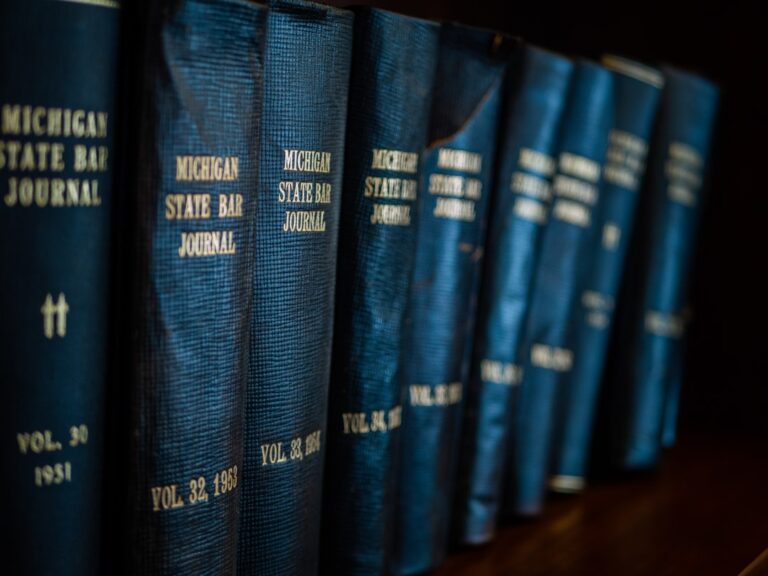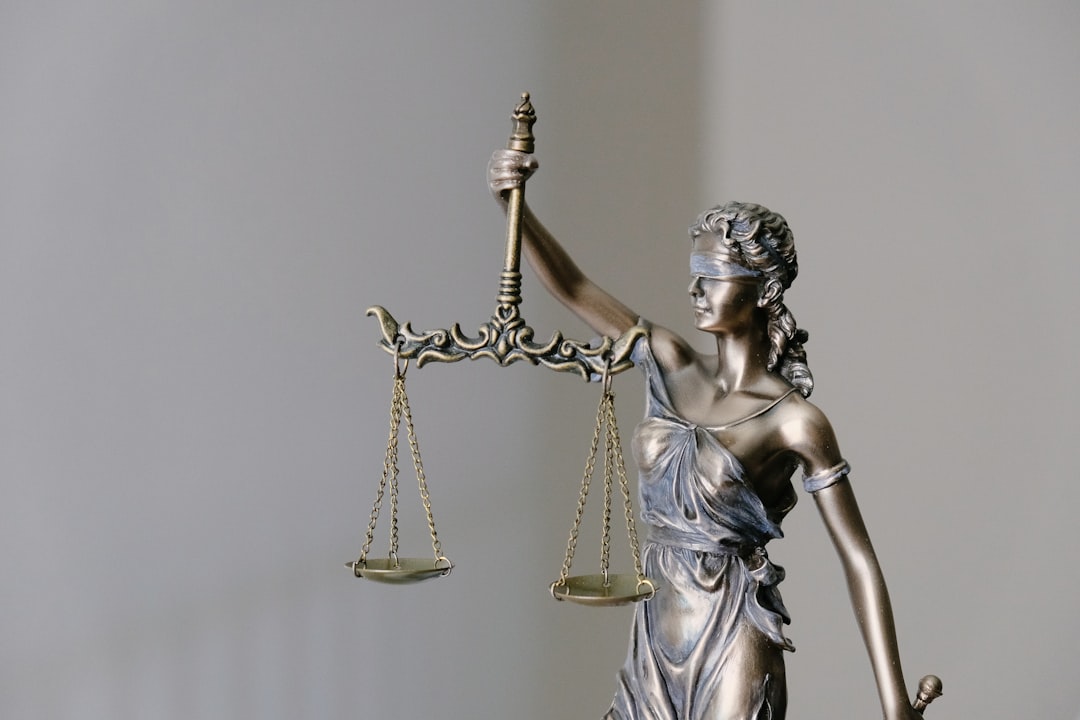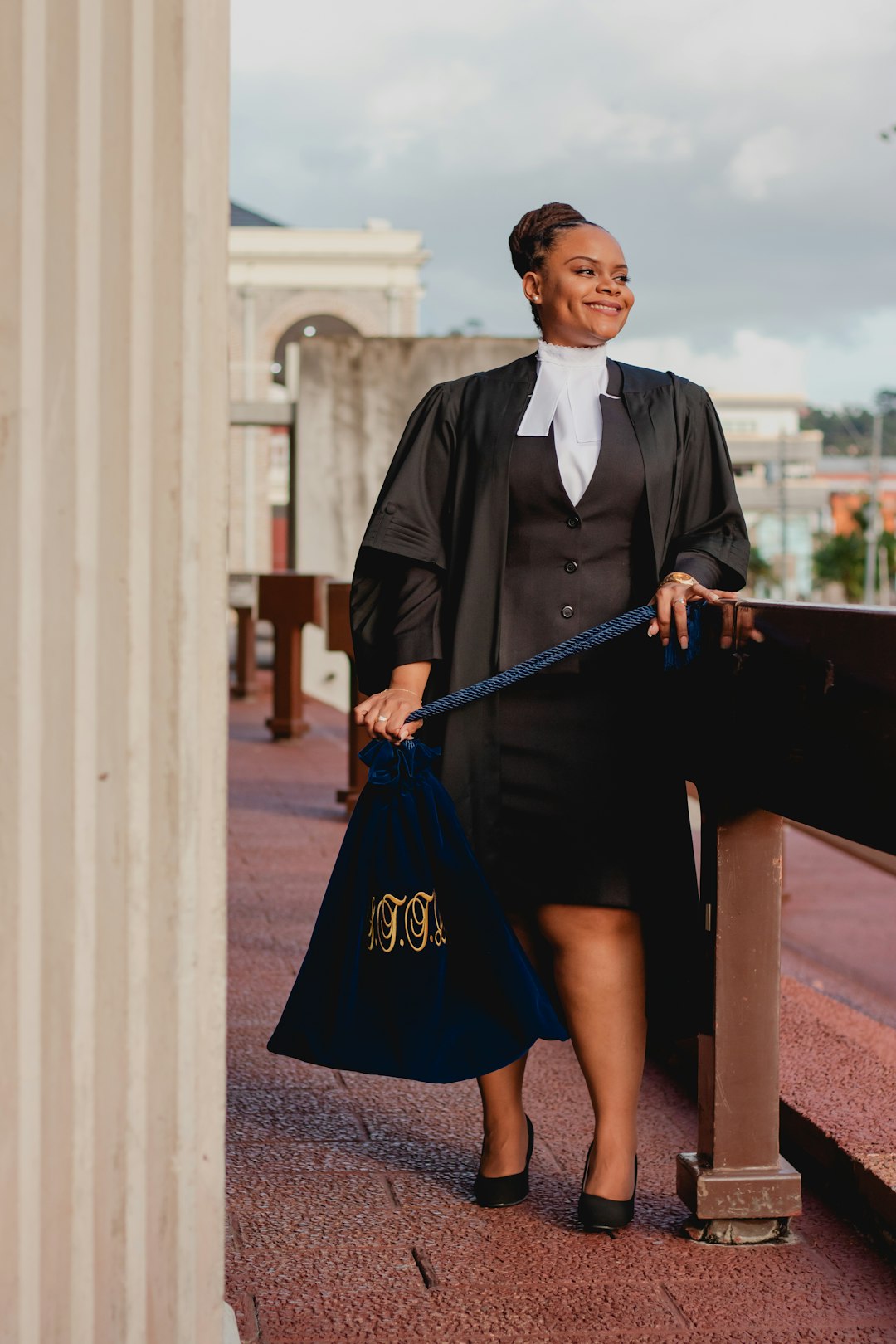In New York City, smart home technology provides crucial evidence in sexual assault cases but poses legal challenges for lawyers. Lawyers must navigate data integrity, privacy, and admissibility issues related to cameras, voice assistants, and IoT devices to secure justice for victims while respecting rights. Understanding these complexities is vital for effective use of digital evidence by sexual assault lawyers NY.
In the fast-evolving digital landscape, smart homes equipped with Internet of Things (IoT) devices have become a common feature in New York City. This technological advancement presents both opportunities and challenges for legal professionals, particularly in complex cases like sexual assault. Understanding how smart home technology can serve as compelling evidence is crucial for NYC sexual assault lawyers navigating these intricate matters. This article explores the role of IoT in such cases, evidence collection strategies, and the evolving legal frameworks governing smart home data handling.
Understanding Smart Home Technology in Legal Context

In recent years, smart home technology has become an integral part of everyday life in New York City, offering convenience and enhanced security features. However, when it comes to legal matters, especially cases involving sexual assault, understanding how this technology works is crucial. Smart homes are equipped with various devices that can record and store data, such as motion sensors, cameras, and voice assistants. This data can serve as powerful evidence in court, providing detailed insights into activities within a residence.
For sexual assault lawyers in New York, navigating the legal implications of smart home technology is essential. They must ensure that any digital evidence is obtained and handled correctly to maintain its integrity and admissibility. With proper expertise, this technology can provide irrefutable proof, helping secure justice for victims. It’s a game-changer in terms of proving or disproving allegations in the legal system, especially in a bustling metropolis like New York City.
The Role of IoT in NYC Sexual Assault Cases

The rise of smart homes and Internet of Things (IoT) devices has brought about significant advancements in home security, but it also presents unique challenges in legal cases, particularly those involving sexual assault. In New York City, where technology is increasingly integrated into daily life, understanding the role of IoT can be pivotal for sexual assault lawyers. Smart home devices like cameras, door locks, and thermostats equipped with AI and connectivity can provide invaluable evidence. These devices may capture critical moments, offering irrefutable data on a person’s whereabouts during suspected assaults.
For instance, in NYC sexual assault cases, an IoT-enabled security camera might have recorded a suspect entering or leaving a victim’s apartment, establishing their presence or absence at the time of the crime. Similarly, smart locks could reveal if unauthorized individuals accessed the premises, while temperature sensors could provide insights into any unusual activities within the home. Such evidence can strengthen legal arguments and aid in securing justice for victims, underscoring the growing importance of digital forensics in sexual assault cases involving smart home technologies.
Evidence Collection and Admissibility Challenges

Evidence collection and admissibility challenges are unique in smart home cases, particularly for sexual assault lawyers in New York City. As homes become increasingly connected, digital evidence from smart devices—like security cameras, voice assistants, and thermostats—is becoming more common. However, this presents legal complexities; the data’s reliability, privacy concerns, and proper preservation are critical issues.
Admissibility requirements in New York state demand that all evidence be relevant and authenticated. Lawyers must ensure digital data is accurately represented and obtained legally to avoid exclusion at trial. In sexual assault cases, where smart home technology might capture relevant information about the incident, understanding these challenges is crucial for building a robust defense.
Legal Strategies for Smart Home Data Handling

In the digital age, smart home devices have become integral to everyday life in New York City and across the nation. However, this increased connectivity also raises complex legal questions, particularly in cases involving sexual assault. Legal strategies for handling smart home data must balance privacy rights with the need for evidence. This includes obtaining proper consent for data collection, ensuring secure storage of sensitive information, and navigating legal challenges related to warrant requirements and the Fourth Amendment.
Sexual assault lawyers in New York City must be adept at navigating these digital complexities. They must understand how to request and interpret smart home data, such as security camera footage or voice commands, while protecting their clients’ rights. This requires a nuanced approach that considers both the evidentiary value of smart home technology and the potential for misuse or misinterpretation. By staying abreast of evolving legal standards and leveraging innovative techniques, sexual assault lawyers can effectively utilize smart home evidence to secure justice for their clients.






